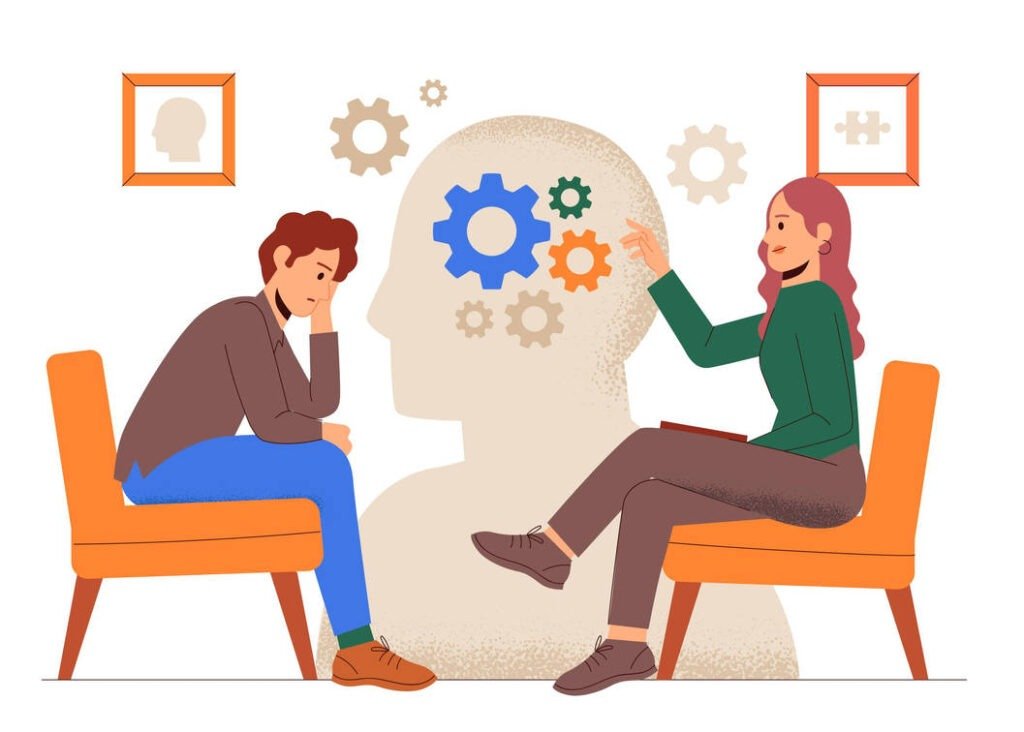Friendship is one of the most important parts of childhood—but it can also be one of the most confusing. From playground fallouts to shifting social groups and feelings of exclusion, navigating peer relationships can be emotionally overwhelming for children.
Caroline Goldsmith, Clinical Psychologist with ATC Ireland, has worked with hundreds of children and families dealing with the ups and downs of friendships. Her approach helps children understand themselves and others better, develop healthy social skills, and grow the confidence they need to build strong, respectful relationships.
“Friendships are where children practice the building blocks of empathy, communication, and boundaries,” Caroline explains. “When challenges arise, they’re not signs of failure—they’re opportunities for growth.”
Why Friendship Struggles Feel So Big to Children
Children rely on their peers for connection, acceptance, and identity. When friendships are going well, they feel secure and happy. But when conflict or rejection arises, it can feel devastating.
Unlike adults, children often lack the emotional vocabulary and perspective to process complex feelings like jealousy, exclusion, or betrayal. That’s why emotional coaching during friendship struggles is so important.
“Children might say ‘They hate me’ or ‘No one likes me’ when really, they’re feeling hurt or confused by a misunderstanding,” Caroline notes. “Helping them name and navigate those emotions is the first step toward resilience.”
Common Friendship Challenges Caroline Helps Address
-
Feeling left out or excluded from play
-
Arguments or “best friend” conflicts
-
Being caught in peer pressure or group dynamics
-
Coping with a friend moving away or growing apart
-
Navigating bullying or unkind behavior
-
Managing jealousy and comparison
-
Struggling to make or keep friends
Each of these situations can affect a child’s self-esteem, school engagement, and emotional wellbeing. The good news? These are also chances to develop lifelong social-emotional skills.
Helping Children Build Healthy Friendships: Caroline’s Core Strategies
1. Name the Feelings First
Children often act out friendship struggles before they can talk about them. Caroline Goldsmith encourages adults to help kids identify what they’re feeling: sad, left out, angry, lonely, or even embarrassed.
Use prompts like:
-
“It sounds like that really hurt your feelings.”
-
“What did you want to happen instead?”
-
“What would you like to say to them if you could?”
This builds self-awareness and opens the door to empathy.
2. Teach Assertive Communication
Many children either withdraw completely or lash out when friendship issues arise. Caroline Goldsmith teaches the power of assertiveness—not aggression or passivity.
Children learn how to say things like:
-
“I don’t like it when you say that. Please stop.”
-
“Can I play too?”
-
“I’m feeling left out. Can we find a game for everyone?”
Role-playing these scenarios helps kids build confidence and prepare for real-life situations.
3. Normalize That Friendships Change
It’s hard, but sometimes friendships drift—and that’s okay. Caroline Goldsmith helps children understand that not every friend will stay forever, and that doesn’t mean something is wrong with them.
“Teach them that it’s natural to grow, and that every friendship—even short ones—can teach us something,” she says. This builds emotional flexibility and reduces fear of rejection.
4. Encourage Kindness and Boundaries
Children need to know that being a good friend doesn’t mean tolerating unkind behavior. Caroline helps children balance empathy with self-respect by teaching:
-
How to notice red flags (e.g., a friend who always takes but never gives)
-
How to set boundaries with kindness
-
How to walk away from toxic dynamics safely
This lays the foundation for healthy relationships in adolescence and beyond.
5. Model Inclusive, Respectful Relationships
Children absorb social cues from the adults around them. Caroline reminds caregivers to model compassion, inclusion, and respectful disagreement in their own relationships. The way adults talk about others—especially during conflict—teaches children how to behave.
What to Do If Your Child Feels Lonely or Isolated
Sometimes friendship issues are more persistent or painful. If your child consistently struggles to make friends or feels rejected, they may need additional support. Signs to watch for:
-
Reluctance or refusal to go to school or social events
-
Ongoing sadness, anxiety, or anger after social interactions
-
Low self-esteem or social withdrawal
-
Frequent talk of “having no friends” or “being weird”
In these cases, working with a psychologist like Caroline can provide insight into underlying struggles—such as social anxiety, ADHD, or difficulty with emotional regulation—and offer personalized strategies.
Final Thoughts from Caroline
“Friendship challenges aren’t just bumps in the road,” Caroline says. “They’re lessons in courage, compassion, and communication. With support, children learn they can stand up for themselves, reach out to others, and choose relationships that feel safe and kind.”
By turning conflict into conversation and rejection into resilience, children build the social muscles they’ll carry with them for life. With the right guidance, every child can learn how to navigate friendship storms—and build meaningful connections that last.
Contact Information:
Caroline’s practice is easily reachable through her website, email, or phone, ensuring clients have multiple ways to Connect and Resources.












































